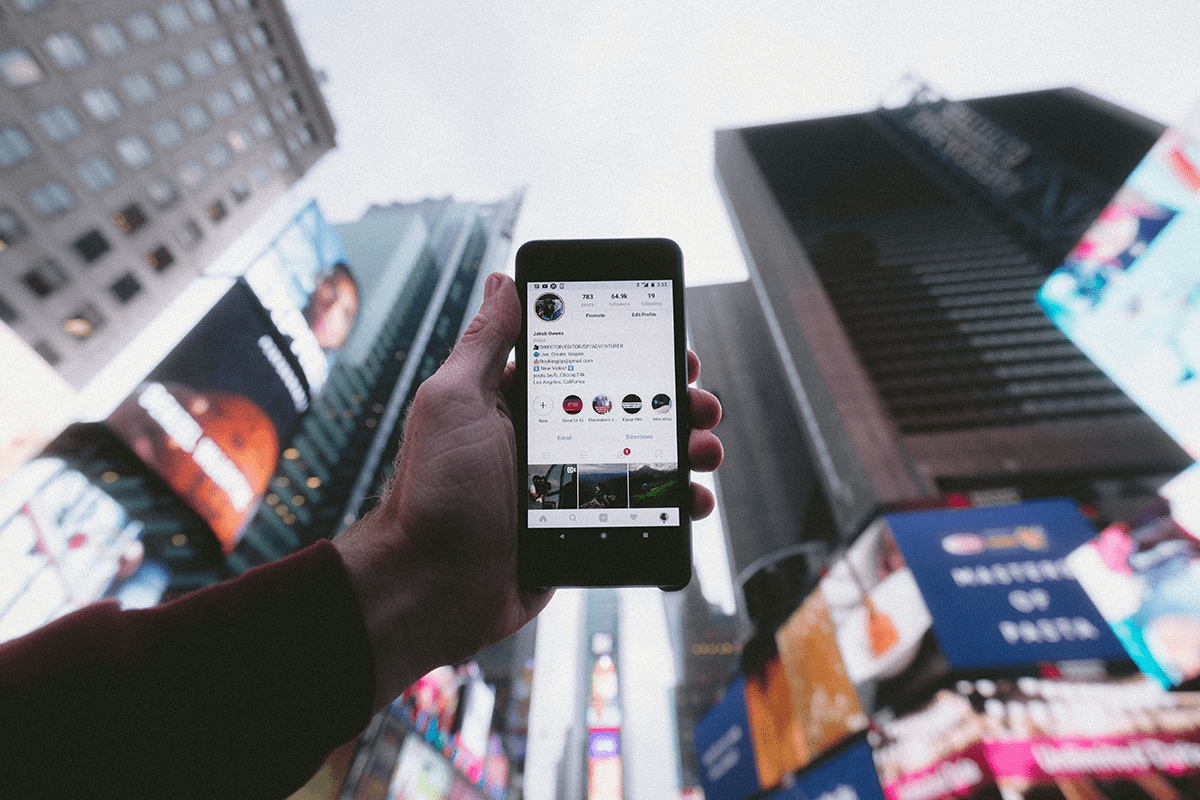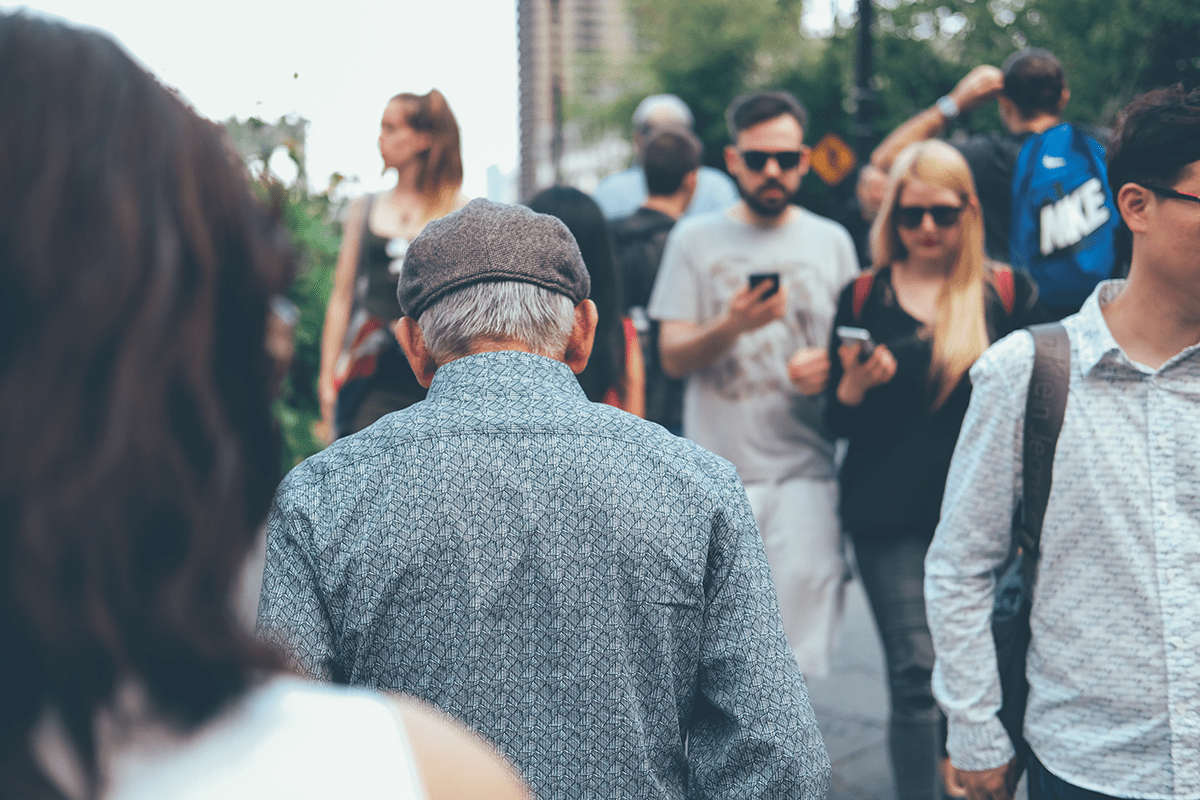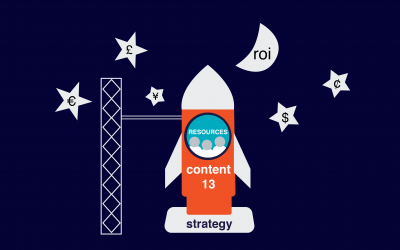INFLUENCER MARKETING ROUND-UP: 06 APRIL 2018:
Marketers to spend more on influencer campaigns, consumers concerned about transparency & A.I. could be the magic bullet.
by Trevor Clawson
@BlogstarUK

Influencer Marketing Trends for 2018
Many brands are planning to spend more on influencer marketing in the year ahead, even if they are still testing the water in terms of its effectiveness, according to a new survey from the US-based Association of National Advertisers.
In a poll of 158 marketers carried out by the ANA, 75% said were currently using influencer marketing while 43% revealed plans to increase spending.
While more than than a third – 36%, to be precise – said they thought their influencer campaigns were effective, 43% had yet to be convinced, declaring themselves neutral. Only a small minority of 19% said influencer campaigns were ineffective.
![]()
There was some good news for an increasingly beleaguered Facebook. When the marketers were asked which platforms represented the best options for influencer campaigns, Facebook itself and Instagram came out top.
And it may be that in the current digital media environment, influencers are providing a means for marketing teams to sidestep consumer resistance to the other tools in the marketing kitbag. The ANA’s Chief Executive Bob Liodice speculated that influencer marketing was enabling marketers to reach consumers who were using ad-blocking technology. And as he pointed out, influencers are popular with the hard to reach millennials and generation z audience.
Influencer marketing does not emerge from the report as one-trick pony. Marketers said they used it for a range of objectives, including:raising brand awareness, distributing content, improving brand perception and driving purchases.
Influencer Marketing’s Generational Divide
On the consumer side of the equation, influencer marketing is not universally celebrated, with older age groups tending to be more resistant to to campaigns than their younger counterparts, according to a survey by Prizeology.
The company polled the opinions of around 2,000 consumers, capturing a snapshot of their views about campaigns on Instagram, Twitter, Facebook and Youtube. And there were real concerns about transparency, with more than 70% of respondents feeling there was a complete absence of rules. There was also a high degree of cynicism about the integrity of paid influencers. 61% didn’t think that social media celebrities were required to disclose when they had been paid to endorse a brand.
Influencer marketing is, of course, regulated (in Britain by the Advertising Standards Authority) and those who have a commercial relationship with brands are required to make that clear.. However, as the report found that many consumers are not familiar with the signs and signals of the industry – say a particular hashtag or a turn of phrase,that denotes a relationship in which money has changed hands.

When asked if influencer marketing was damaging to society, 44% said yes. However, this number was significantly lower among the younger age groups, perhaps underlining the ANA view that millennials and Generation Z trust the stars of social media.
The report illustrates the potential downside of an influencer campaign in terms of alienating those who are already wary of marketing techniques that they see as covert or manipulative. Hence the importance of transparency.
A.I. is the Way to Go
Tesla car entrepreneur Elon Musk famously believes that artificial intelligence “will kill us all.” Or perhaps it could simply be the magic potion that takes influencer marketing to the next level.
As the ANA report indicates, the efficacy of influencer campaigns is not yet proven in the minds of many marketers. The problem is that it can be difficult to establish a causal link between, say, a celebrity endorsing a particular type of hair product, and an upward tick in sales. This is particularly true when other marketing techniques are being deployed.
The answer, according to some, is artificial intelligence. For instance, writing for Campaign , Ricky Ray Butler of the Branded Entertainment Network, argued that A.1. offers a key to determining why a campaign is working in a certain way. Armed with that knowledge, marketers can quickly optimize the campaign around the elements that are going really well.
And there may be bad news for some influencers. Butler also saw the analytics power of A.I. as a means to thoroughly assess the impact of particular individuals and the consistency of the content they turn out.
![]()
Ultimately this could see brands reducing the number of influencers they work with as accurate data picks out the best performers. Interviewed by Digiday, Mike Frogatt of L2 said
“As influencer marketing continues to mature, it’s becoming more and more measurable,” said Mike Froggatt, director of intelligence at L2. “Brands are relying less on cherry-picking from a list of influencers with big follower counts, and throwing money at them to see what does and doesn’t stick, and starting to utilize more data to find the right fit and actual benefits.”
The influencer space is continuing to evolve.
AI can also gather data to determine why a campaign is working a certain way and optimize for success at scale. Hence it will be the future of optimization for influencer content and will help to inform marketers of the sales process from the moment a consumer interacts with a video or piece of content to the final purchase made.
Nearly 90% of marketers surveyed for the report stated that brand awareness is one of their objectives for influencer marketing. More than two-thirds said they utilize it for content creation and distribution, while over half said they use it to improve brand perception and drive purchases.
Photos: Unsplash
More from the blog
How to create ebooks that stand out from the crowd
To reach, convince and convert B2B buyers, marketing efforts must achieve several goals. Firstly, they need to be active and searchable on as many online channels as possible.
4 content promotion tips to boost content discovery
“Create content 20% of the time. Spend the other 80% of the time promoting what you create.”
This advice from social media marketing thought leader Derek Halpern may go against the grain of your preconceived content marketing strategy. The quality of content that your brand distributes across social media, email and so on must be top notch above all…right?
5 features of the best hotel content marketing campaigns
Hotel brands need to work harder than ever to lure users away from competitive pricing. So what can marketers borrow from the cream of content marketing campaigns in the sector to grab attention in their own?
Digital Content Services
Vlogs
Blogs
IGC
Ebooks
Event Video
Privacy Policy | Terms of use | Cookie Policy
BlogStar is a trading name of ContentStars Ltd. All rights reserved
content marketing | vlogs | blogs | IGC
BlogStar is an experienced digital content strategy and creation agency, supplying high quality digital content, including blogs, ebooks, vlogs and event video, plus influencer generated content for social media channels.
Royalty House, 72 – 74 Dean Street, London W1D 3SG




